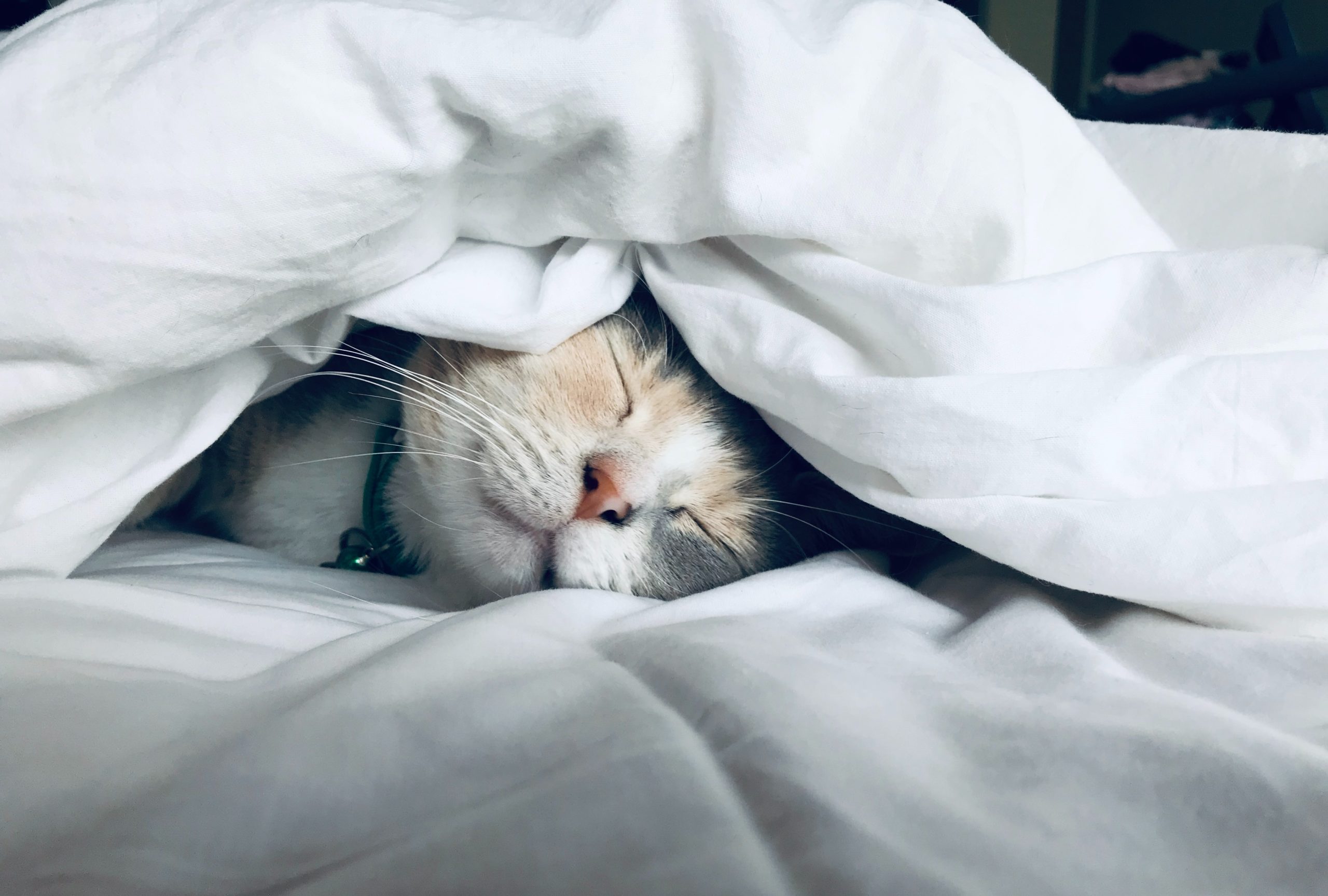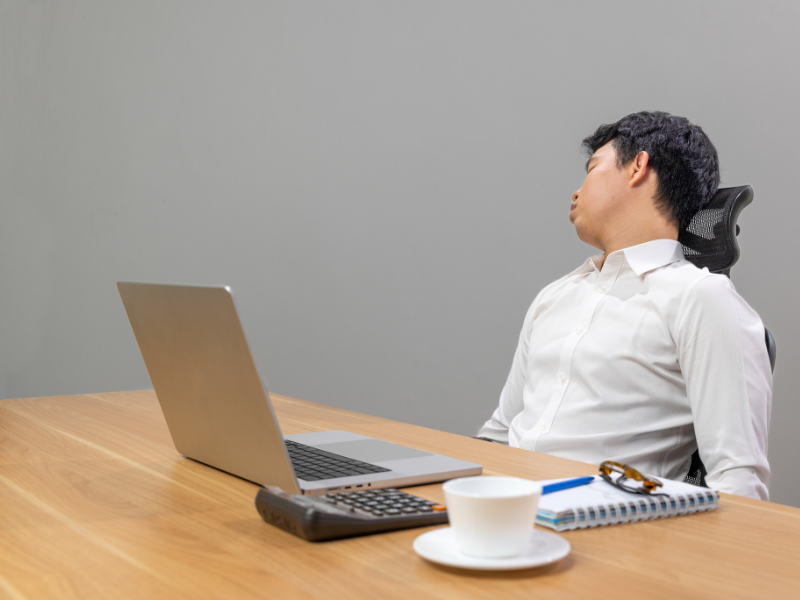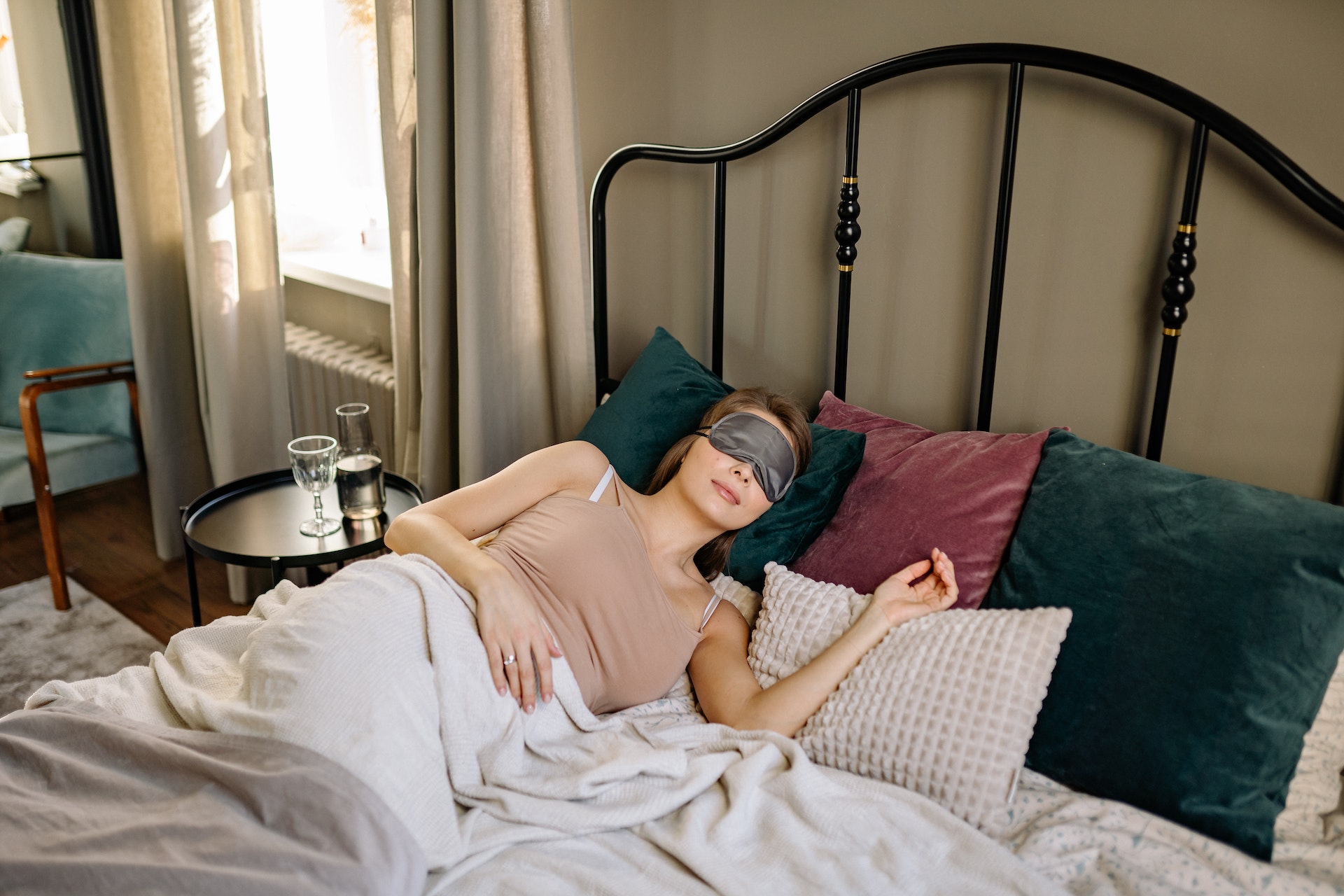The Post-Lunch Dip: Why You Feel Sleepy After Eating at Work

That afternoon slump after lunch is a familiar foe for many office warriors. You power through the morning, fueled by coffee and breakfast, but then lunch hits, and suddenly your eyelids feel heavy and your focus wanes. What’s going on?
This phenomenon has a scientific name: postprandial somnolence, also known as the “food coma” or the “post-lunch dip.” It’s that feeling of drowsiness that washes over you after eating, especially a large or heavy meal.
Here are the main culprits behind the post-lunch snooze:
-
Digestive Diversion: When you eat, your body diverts blood flow to your digestive system to break down your food. This means less blood flow to your brain, which can lead to a temporary decrease in alertness.
-
Blood Sugar Rollercoaster: Foods high in refined carbohydrates and sugar can cause your blood sugar levels to spike and then crash. This dip in blood sugar can leave you feeling drained and sleepy.
-
Tryptophan’s Trickery: Certain foods, like turkey and cheese, are rich in the amino acid tryptophan, a precursor to the sleep hormone melatonin. While not entirely responsible for the drowsiness, tryptophan’s presence can contribute to sleepiness.
-
Circadian Rhythm Blues: Our bodies have a natural internal clock known as the circadian rhythm. For some people, there’s a natural dip in alertness in the early afternoon, which can coincide with lunchtime and worsen the sleepiness.
Conquering the Afternoon Slump
But fear not, sleepy warriors! There are ways to combat the post-lunch dip and reclaim your afternoon productivity:
-
Mindful Meals: Opt for smaller, balanced meals that are lower in refined carbohydrates and sugar. Focus on lean protein, complex carbohydrates, and healthy fats to keep your blood sugar levels stable.
-
Hydration Hero: Dehydration can also contribute to fatigue. Make sure you’re staying hydrated throughout the day, especially after a meal.
-
Move it or Lose it: A short walk after lunch can get your blood flowing and improve alertness. Take the stairs, do some stretches at your desk, or step outside for some fresh air.
-
Power Nap Potential: If your schedule allows, a 20-minute power nap can work wonders. Just remember to set an alarm to avoid falling into a deep sleep cycle.
-
Lighten Up: Avoid heavy meals or overly rich foods at lunchtime. Opt for lighter fare that’s easier to digest.
By making some adjustments to your diet and routine, you can tame the post-lunch beast and conquer the afternoon with renewed energy and focus. So ditch the “food coma” and embrace a more productive and well-rested afternoon at work!
Disclaimer: this article does not constitute either medical or any other type of advice. The article contains the author’s personal opinion and personal conclusions and observations. If you have sleep problems or interested in other issues related to it, it is better to consult medical expert e.g. your doctor etc.









